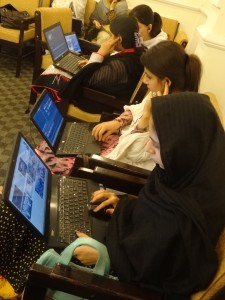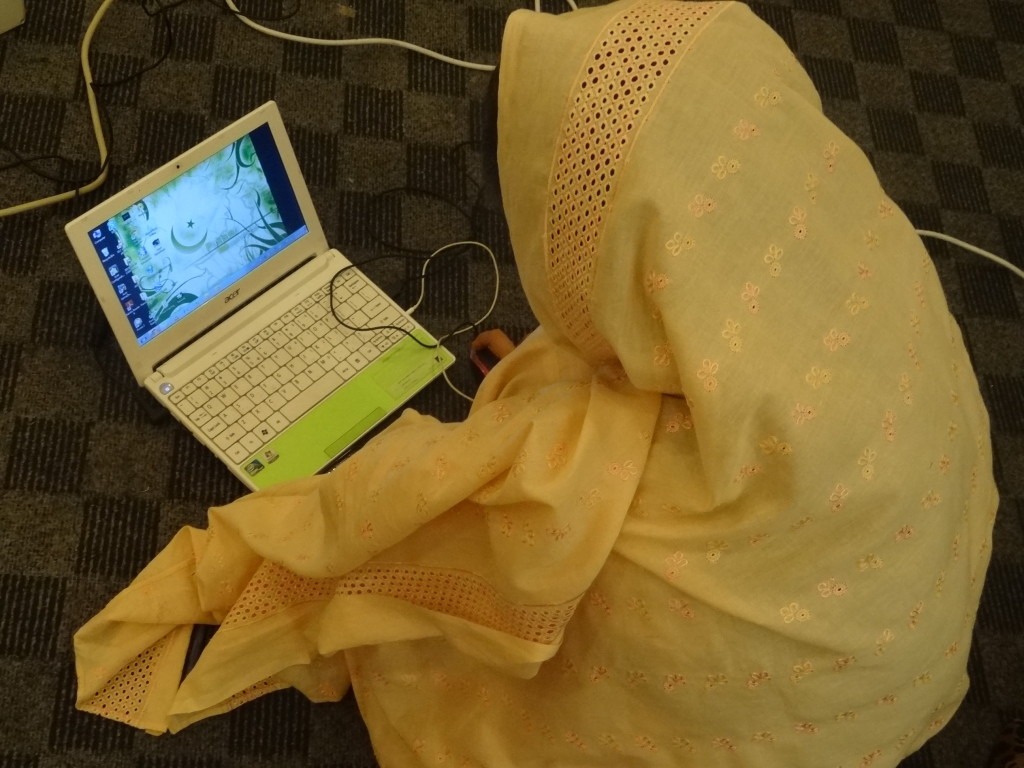April 5, 2017 - Comments Off on DRF Submits Reponses for the UN Secretary-General Report on the Safety of Journalists
DRF Submits Reponses for the UN Secretary-General Report on the Safety of Journalists
Digital Rights Foundation made its submission to the UN Secretary General report on the safety of journalists on the issue of impunity. In the responses, DRF pointed out that female journalists are susceptible to discrimination and gender-based obstacles both from within their professional spaces and outside it. Female journalists in Pakistan face a double-bind because of their gender: at one level they face the same level of threats and surveillance that journalists face in Pakistan (the fourth most dangerous country for journalist according to the International Federation of Journalists (IFJ)), and the secondly the gender-specific obstacles stemming from being a female journalist in Pakistan. Their reporting on so-called sensitive topics such as civil-military relationships, blasphemy laws, and stories contradicting the state narrative make them more susceptible to state and social surveillance.
Within Pakistan, the Protection against Harassment of Women at the Workplace Act, 2010 protects female journalists from discrimination and harassment within the workplace. The impact of this law is not as clear-cut. Journalists who have the lodged sexual harassment complaints within media houses have faced a backlash at times.
In terms of international humanitarian law violations, journalists are quite susceptible to conflict driven violence and attacks from terrorists, sectarian groups and armed operations. Many journalists have lost their lives while covering events that have been attacked. Compensation in these cases takes place as per labour and social security laws. There have been several proposal for the protection and welfare of journalists but nothing concrete has been passed.
Through our research “Surveillance of Female Journalists in Pakistan”, we have learnt that media houses are far from perfect when it comes to addressing rampant sexism within the organization. The respondents in our research told us that these organizations are not equipped to support women when they file cases of sexual harassment. Furthermore, female journalists posit that line managers and editors tend not to take online abuse and digital surveillance as seriously, especially when it hasn’t translated into physical threats. This puts female journalists at a huge disadvantage because they are more likely to receive physiological threats and surveillance.
Digital Rights Foundation conducts workshops and training sessions for female journalists. Often times digital security and self care is a neglected aspect of security for journalists and a facet that is often ignored in mainstream discussions. For this reason DRF sees itself as addressing a real gap in terms of safety of journalists. These sessions are being held in conjunction with press clubs to deliver basic anti-harassment and digital security training to reporters, editors and web-based journalists. A digital security handbook (living document) for journalists has also been developed as part of our training program with basic security guidelines and tips for female journalists.






